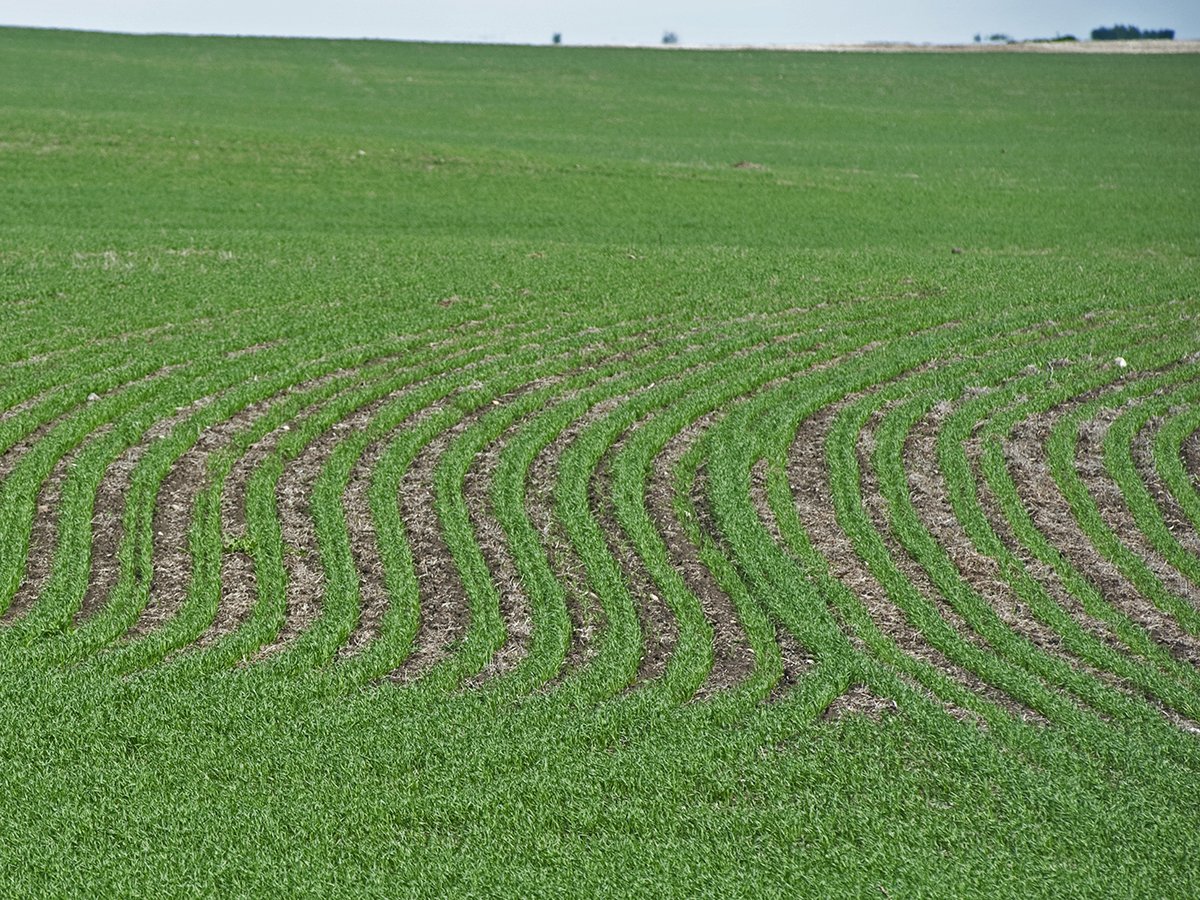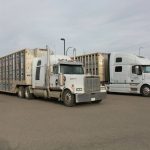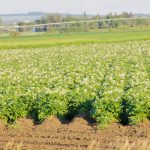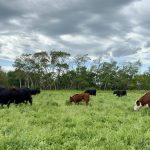Proposed $35 million plant would process 45,000 tonnes of animal byproducts every year in Lacombe, Alta.
City council in Lacombe, Alta., has granted BioRefinex Canada an extra month to get its financing in place to buy land for a plant that will turn specified risk material into safe byproducts.
The company hopes to build its proposed $35 million plant on 13 acres of city owned land in an industrial park.
“The amending agreement has confirmed the City of Lacombe will allow BioRefinex until March 31, 2015, to conclude the transaction,” said Norma MacQuarrie, Lacombe’s chief administration officer.
“Certainly, we the city have provided everything we can in terms of facilitating this project. We have completed a subdivision of the land. It is really in BioRefinex’s court to complete this transaction.”
Read Also

Rented farmland jumps 3.4 million acres in Saskatchewan and Alberta
Farmland rented or leased in the two provinces went from 25.7 million acres in 2011 to 29.1 million in 2021, says Census of Agriculture data.
BioRefinex announced in 2011 that it wanted to build a plant in Lacombe to process 45,000 tonnes of animal byproducts a year into fertilizer, biogas and other products.
Company president Chris Thrall said it is still working on finding financing for the biorefinery.
“We’re pressing on and we’re pushing forward to have it completed in terms of our financing so we can break ground as soon as possible. Our expectation is that would take place in a matter of months of us completing our financing,” said Thrall.
“Nothing has happened yet. We haven’t started construction. We are still fully intending to. It is simply a matter of completing all of our financing arrangements for the project.”
The plant was expected to be operating by 2013 when the project was originally announced but has had several construction extensions.
The plant is expected to use a patented heat technology that breaks down organic material into safe byproducts. Specified risk material from livestock is now incinerated or sent to the landfill.
Thrall said finding financing for a new process has been a challenge.
“It comes down to the nature of markets, and capital markets in 2012 and 2013 were very challenging,” he said.
“This is financing for a business that is pre-cash flow. These are companies that aren’t currently generating cash flows from existing operations. Ever since 2008 with the collapse of markets, the whole venture capital markets became much more conservative. Financing for large-scale capital projects are more difficult, plain and simple.”
Thrall said he is talking to groups that have shown interest in the project.
“We are confident we will get there.”
The provincial government said when the plant was originally announced that it would commit $10 million in funding from the Climate Change and Emissions Management Corp. The climate change funding is for projects that will reduce Alberta’s carbon footprint.
BioRefinex will receive the money once it has secured matching funds.
“We are pressing on because it is an important project for the province, and to have the thermal hydrolysis technology commercialized here as a starter is our supreme goal,” Thrall said.
MacQuarrie said the city hopes the company can secure its financing and build the plant.
“We’re always hopeful.”
mary.macarthur@producer.com














